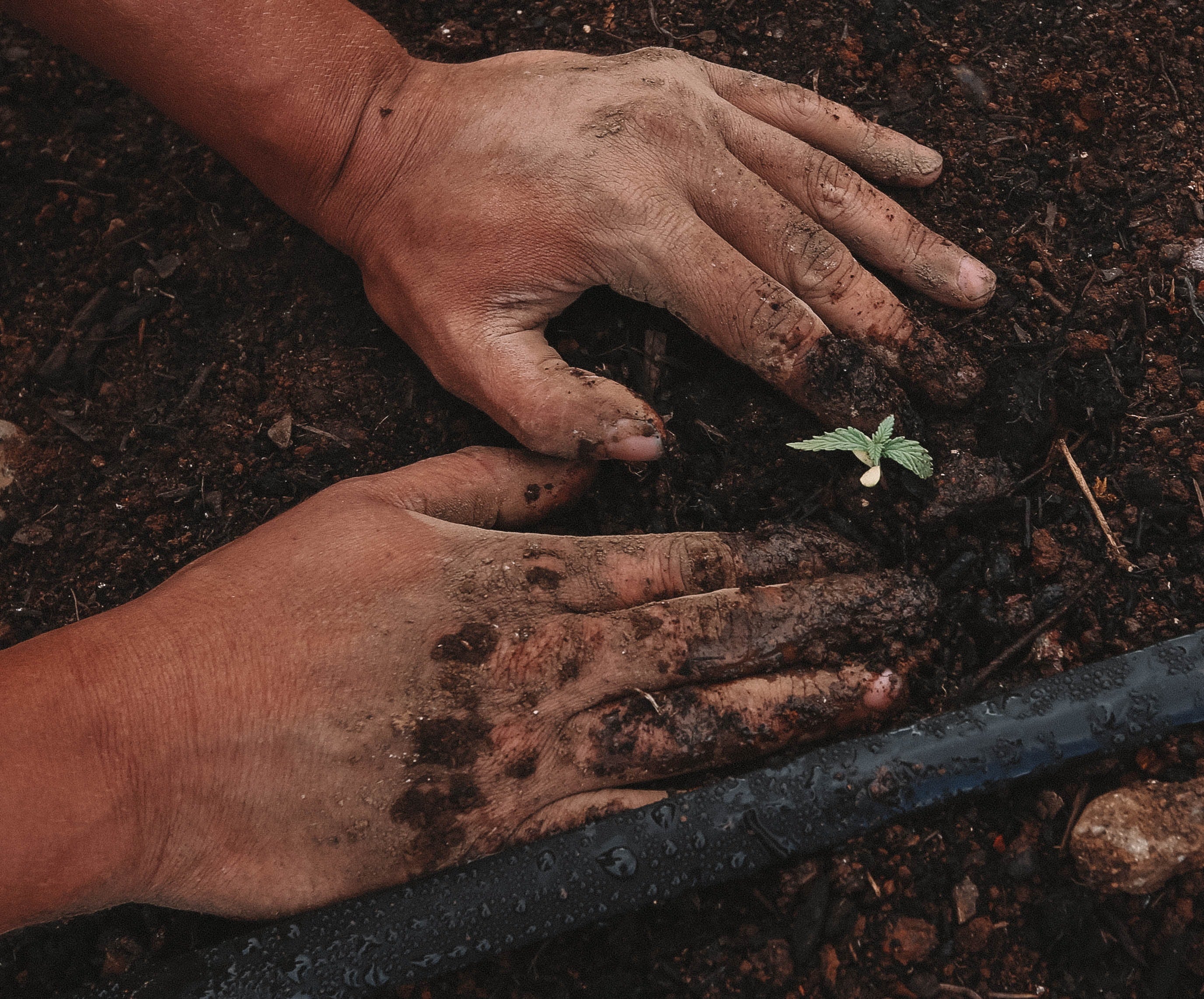

In today’s uncertain world, ensuring your family's food security is crucial. A seed vault is a reliable way to grow your own food, no matter what the future holds. By carefully selecting and storing seeds, you can guarantee long-term food production. Here’s how to build a seed vault that will keep your family fed for years.
Why You Need a Seed Vault
A seed vault is a collection of seeds stored to preserve their viability over time. Unlike regular seed packets, a seed vault is designed for long-term storage, making it an essential part of any prepper’s toolkit. Here’s why you need one:
1. Food Security
- A seed vault provides a renewable source of food, allowing you to grow fresh produce even if grocery store shelves are empty. The peace of mind knowing you can feed your family, regardless of external circumstances, is invaluable.
2. Independence from Supply Chains
- The global supply chain is fragile, and disruptions can lead to shortages. A seed vault ensures you have the seeds needed to grow your own food, eliminating dependency on unreliable supply chains.
3. Cost-Effective
- Growing your own food from a seed vault is cost-effective. The initial investment in seeds and storage is minimal compared to the ongoing expense of groceries. Over time, your seed vault will pay for itself many times over.
4. Nutritional Control
- With a seed vault, you control what goes on your family's plates. You can grow organic, non-GMO produce, ensuring your family eats the freshest, most nutrient-dense foods.
Choosing the Right Seeds for Your Vault
Selecting the right seeds is crucial for your seed vault's success. Consider these factors:
1. Heirloom vs. Hybrid Seeds
- Heirloom seeds are open-pollinated and can be saved and replanted each year, making them ideal for a seed vault. Hybrid seeds may have desirable traits, but they often don’t produce offspring with the same qualities, making them less suitable for long-term sustainability.
2. Non-GMO Seeds
- Non-GMO seeds are natural and safe, ensuring a sustainable approach to gardening. They allow you to grow crops as nature intended, free from the risks of genetic modification.
3. Variety is Key
- A diverse selection of seeds ensures a balanced diet and adaptability to different growing conditions. Include a mix of vegetables, fruits, herbs, and medicinal plants to meet all your nutritional needs.

How to Store Your Seeds for Long-Term Viability
Proper storage is essential to maintain the viability of your seeds. Follow these guidelines:
1. Cool, Dry, and Dark
- Store seeds in a cool, dry, and dark environment to maximize their lifespan. Aim for a storage temperature between 32°F and 41°F (0°C to 5°C) to keep your seeds viable.
2. Use Airtight Containers
- Airtight containers protect seeds from moisture, pests, and temperature fluctuations. Mason jars, vacuum-sealed bags, or specialized containers are ideal for keeping your seeds safe.
3. Label Everything
- Label your seeds with the type, storage date, and expiration date. This helps you keep track of your seeds and ensures you rotate your stock effectively.
4. Consider Adding Desiccants
- Desiccants like silica gel packets absorb moisture, providing an extra layer of protection to keep your seeds dry and viable.
How to Rotate and Use Your Seeds
Regularly rotating and using your seeds ensures your seed vault remains viable. Here’s how:
1. Test Your Seeds Regularly
- Test a small sample of seeds each year to check their germination rate. If the rate is low, use those seeds in your garden and replace them with fresh ones.
2. Plan for Crop Rotation
- Rotate crops each season to prevent soil depletion and reduce the risk of disease and pests. This practice ensures a diverse harvest year after year.
3. Save New Seeds
- Save seeds from your own harvests to replenish your seed vault. This sustainable practice keeps your vault well-stocked with fresh seeds adapted to your local conditions.
Essential Tools for Your Seed Vault
Having the right tools makes managing your seed vault easier. Here’s what you’ll need:
1. Seed Storage Containers
- Use airtight containers in various sizes to store different types of seeds. High-quality containers will protect your seeds from the elements.
2. A Cool Storage Space
- Dedicate a cool, dark space in your home for your seed vault. Consistent temperatures are key to preserving seed viability.
3. Gardening Tools
- Basic gardening tools like a trowel, hoe, and watering cans are essential for planting and caring for your seeds. Having these tools on hand ensures you’re ready to start planting when needed.
4. A Garden Planner
- Use a garden planner or journal to track what you’ve planted and plan future gardens. Staying organized maximizes the productivity of your garden and seed vault.

Building Your Seed Vault: A Step-by-Step Guide
Now that you know what seeds to include and how to store them, let’s build your seed vault:
1. Assess Your Needs
- Determine how many seeds you need based on your family's size and food production goals. Consider your climate, zoning map, and growing season when selecting seeds.
2. Create a Storage Plan
- Plan where and how you’ll store your seeds. A cool, dark room with shelves or a dedicated seed storage box is ideal for most people.
3. Purchase Your Seeds
- Buy high-quality, non-GMO, heirloom seeds from reputable suppliers. Consider buying in bulk to ensure a larger supply for your vault.
4. Package and Store
- Package your seeds in airtight containers, label them, and store them in your designated space. Proper packaging and storage preserve seed viability.
5. Regularly Check and Rotate
- Check your seed vault regularly and rotate older seeds out, replacing them with fresh ones. This process keeps your seed vault up-to-date and reliable.
Looking to start your seed vault? Seed Armory has you covered with their extensive range of heirloom seeds. These seeds are not only open-pollinated and non-GMO but are also perfect for long-term storage, ensuring you can grow fresh, healthy produce year after year. Explore their heirloom seed collection and find the perfect varieties to secure your family's food future. Whether you're preparing for emergencies or simply want to embrace self-sufficiency, Seed Armory offers the best seeds to keep your garden—and your family—thriving.
A Seed Vault is Your Family’s Lifeline
Building a seed vault is a smart investment in your family's future. It offers a sustainable way to grow your own food, ensuring long-term food security. By selecting the right seeds, storing them properly, and maintaining your vault, you can keep your family fed for years to come. Start building your seed vault today and secure a more self-sufficient future.






